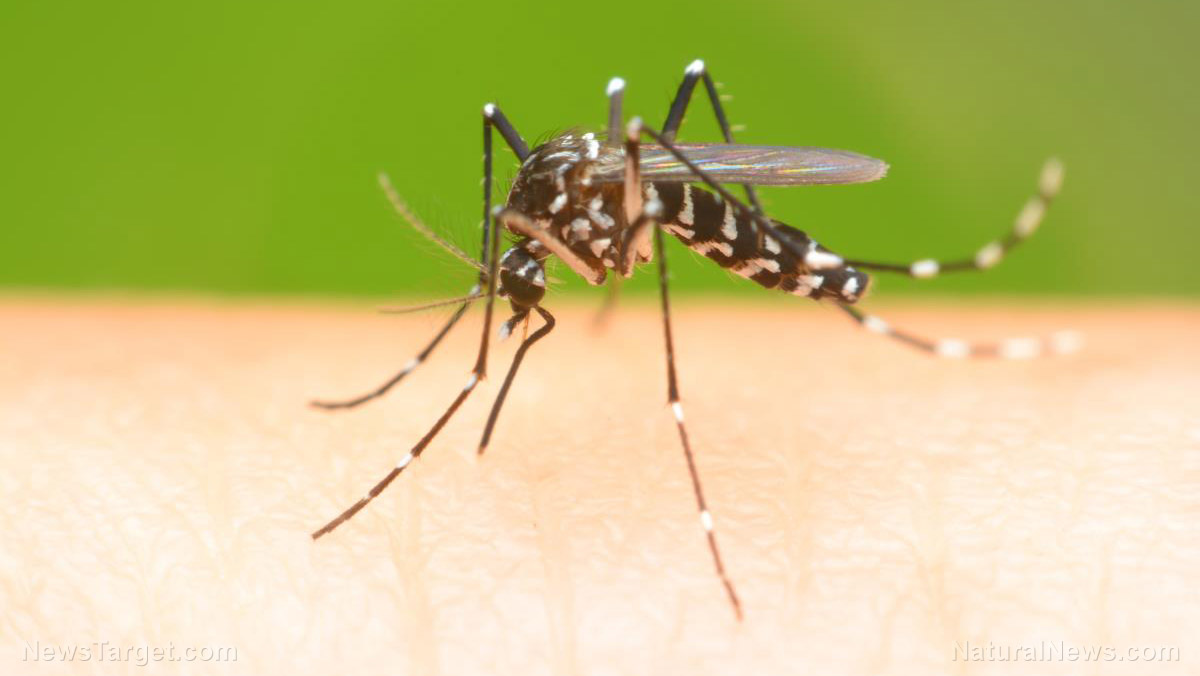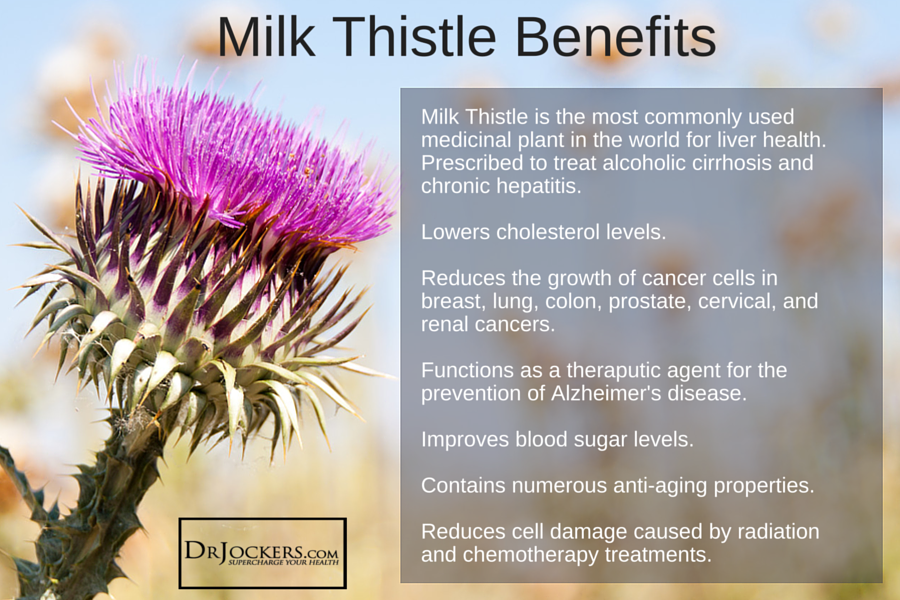
- Research suggests that gut health and brain function are linked, with dietary changes potentially influencing ASD.
- Some studies indicate improvements in hyperactivity, repetitive behaviors and social communication with omega-3 supplementation.
- Folinic acid, vitamin A and vitamin D has shown potential benefits, but more research is needed.
- Some findings suggest benefits from probiotics and specialized diets but results remain inconsistent and adherence can be challenging.
- Personalized nutrition is the future. Scientists are exploring ways to predict which children may benefit from specific interventions, moving toward more tailored ASD treatments.
Growing research suggest that diet and nutrition could play a role in managing some ASD symptoms. A review of recent clinical trials in Research in Autism Disorders in April 2024 examines the latest scientific findings on dietary interventions, shedding light on whether nutritional strategies could support children with autism.
The connection between diet and brain function has long intrigued scientists, particularly about ASD. One key focus is the gut-brain axis – a complex communication network linking the digestive system and the brain. Research indicates that disruptions in gut bacteria and oxidative stress may contribute to ASD symptoms. By modifying diet or adding special nutrients, some scientists believe it may be possible to influence brain function and behavior in children with ASD.
The review analyzed 26 clinical studies conducted between 2018 and 2023, assessing different dietary interventions, including specialized diets, vitamin and mineral supplementation, probiotics and omega-3 fatty acids. While findings vary, some interventions appear to show potential benefits.
One widely studied approach is the gluten-free and casein-free (GFCF) diet, which eliminates wheat and dairy. While no definitive improvements were observed when this diet was used alone, some studies suggest that combining it with supplements like vitamins, minerals and essential fatty acids may enhance cognitive and behavioral outcomes in children with ASD.
Omega-3 fatty acids – healthy fats found in fish oil – stood out in the review for their potential role in improving ASD symptoms. Some studies link omega-3 supplementation to reduced hyperactivity, repetitive behaviors and improved social communication. Scientists believe omega-3s may support brain function by reducing inflammation and enhancing neural connectivity, but larger, long-term studies are needed to confirm these effects.
Vitamins also emerged as a potential area of interest. Vitamin A supplementation has been linked to increased social responsiveness, while vitamin D was associated with decreased hyperactivity and irritability.
The review highlights that although these findings are promising, the evidence remains inconclusive due to small sample sizes and variability in study designs.
Folinic acid, a biologically active form of folate, has shown significant promise in enhancing verbal communication and social skills in children with ASD. Researchers suspect that folinic acid supports neural pathways involved in language development, potentially benefiting those with speech delays.
Recent research led by Dr. Richard Frye, a pediatric neurologist from Arizona, has highlighted the potential of leucovorin (a pharmaceutical form of folinic acid) in improving autism-related symptoms – most notably, enabling some nonverbal children to develop speech. Leucovorin is particularly effective in addressing cerebral folate deficiency (CFD), a condition linked to ASD, by bypassing the blockage caused by folate receptor autoantibodies.
Sulforaphane, a compound found in broccoli sprouts, has also drawn scientific interest. Some studies suggest it may help alleviate ASD-related symptoms by targeting oxidative stress and inflammation – two factors believed to contribute to the disorder. While early findings indicate behavioral improvements, sulforaphane supplementation remains an area requiring further study to establish long-term safety and effectiveness.
Probiotics and prebiotics – supplements that support gut health – have been explored as a way to ease both digestive issues and behavioral symptoms in children with ASD. Some studies report improvements in autism severity and gastrointestinal health, suggesting that a balance in gut microbiome may play a role in ASD symptoms. However, other high-quality trials have found little to no significant benefits, highlighting the need for further research before
Challenges of nutritional interventions
While these findings are encouraging, the review also highlights the challenges of dietary interventions. ASD is a highly variable condition, meaning that what works for one child may not work for another. Differences in genetics, gut health and metabolism may all influence how a child responds to a particular diet or supplement.
Another challenge is adherence. Many ASD-friendly diets, such as the GFCF diet or ketogenic diet, require major lifestyle changes and careful meal planning, which can be difficult for families to maintain. Sensory sensitivities, food preferences and behavior difficulties often make dietary restrictions even more challenging for children with ASD.
The review underscores the need for a more personalized approach to nutritional intervention. Advances in machine learning and biomarker research may eventually allow clinicians to predict which children are most likely to benefit from specific dietary changes or supplements. For example, one study published in Scientific Reports used predictive modeling to identify children who may respond to vitamin B6 supplementation, paving the way for more tailored treatments in the future.
Experts agree that while dietary interventions show promise, they should not replace standard therapies for ASD, such as behavioral and speech therapy. Instead, nutrition may serve as a complementary approach, potentially enhancing the effects of other treatments.
This evolving field of research suggests that while diet and supplements are not a cure for autism, they may play a supportive role in symptom management. Continued research will help uncover which interventions work best and for whom, bringing science one step closer to understanding autism's complex nature.
Watch this video that talks about optimal health with autism.
This video is from the Dr. John Bergman D.C. channel on Brighteon.com.
More related stories:
Study unlocks the power of food: How diet can influence Autism Spectrum Disorder (ASD).
Excitotoxins: The hidden food additives that could harm your baby's brain.
Sources include:
Please contact us for more information.




















